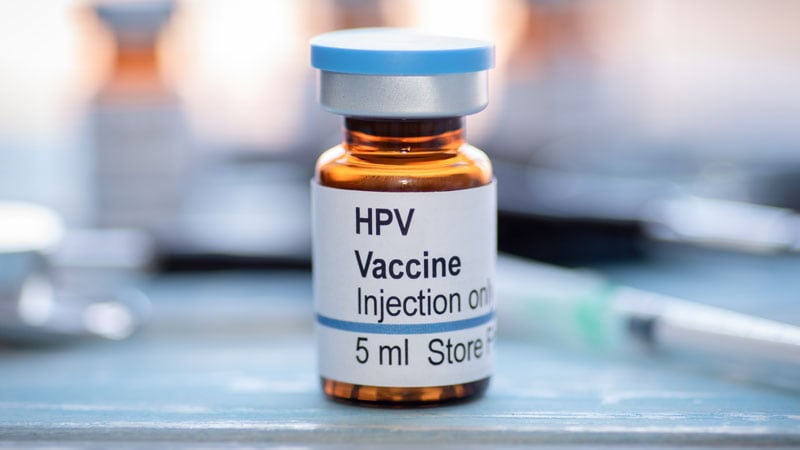TOPLINE:
Human papillomavirus (HPV) awareness remained critically low across the US between 2017 and 2020, with over one third of adults unaware of HPV and its corresponding vaccine. This was particularly true in Midwestern and Southern states, regions in which HPV-associated cancers are rising, and vaccination rates are suboptimal.
METHODOLOGY:
- About 48,000 HPV-associated cancers are diagnosed annually in the US, predominantly in Midwestern and Southern states. Public awareness of HPV and its vaccine is crucial for increasing vaccination rates and preventing these cancers.
- Using data from the 2017-2020 Health Information National Trends Survey (HINTS) 5 Cycles 1-4 and 2022 HINTS Cycle 6 in the US, researchers assessed the awareness of HPV, HPV vaccine, and its role in causing cervical and oral cancers among 22,344 respondents (mean age, 49 years; 51.1% women).
- Participants responded to questions such as “Have you ever heard of HPV?” and “Before today, have you ever heard of the cervical cancer vaccine or HPV shot?” Those who had heard of HPV were asked, “Do you think HPV can cause oral cancer?” and “Do you think HPV can cause cervical cancer?” A response of “no” or “not sure” indicated lack of awareness about HPV.
TAKEAWAY:
- Overall, 34.3% of adults lacked awareness about HPV, whereas 37.6% were unaware of the HPV vaccine.
- Among those aware of HPV, 70.8% did not know HPV causes oral cancer, whereas 28.3% were unaware of its link to cervical cancer.
- More than 60% of individuals in 45 states and Washington, DC, were unaware that HPV causes oral cancer, whereas unawareness of its link to cervical cancer varied widely (6.9%-57.4%).
- Awareness about HPV was lacking in over 40% of adults in seven states, predominantly from the Midwest and the South. Likewise, awareness about HPV vaccine was lacking in more than 40% of adults in 13 states, with nine being from the Midwest and the South.
IN PRACTICE:
“In conclusion, given the importance of timely HPV vaccination and the risk of early-life exposure, there is a critical need to enhance HPV awareness among adolescents, young adults, parents or caregivers, and pediatric and adult healthcare professionals,” the authors of the study wrote.
SOURCE:
This study, led by Ashvita Garg, PhD, MPH, MBBS, Medical University of South Carolina in Charleston, South Carolina, was published online in JAMA Oncology.
LIMITATIONS:
The cross-sectional nature of the data prevented causal inferences, while the ecological nature of the analyses and limited sample sizes for certain states affected the generalizability of findings.
DISCLOSURES:
The research was supported by grants from the National Institute on Minority Health and Health Disparities, the National Library of Medicine, and the National Cancer Institute. One author disclosed receiving personal fees from Merck, grants and nonfinancial support from Stryker, and serving as deputy editor for JAMA Otolaryngology-Head & Neck Surgery. Another author reported receiving personal fees from Value Analytics Labs, outside the submitted work. No other disclosures were reported.
This article was created using several editorial tools, including AI, as part of the process. Human editors reviewed this content before publication.
